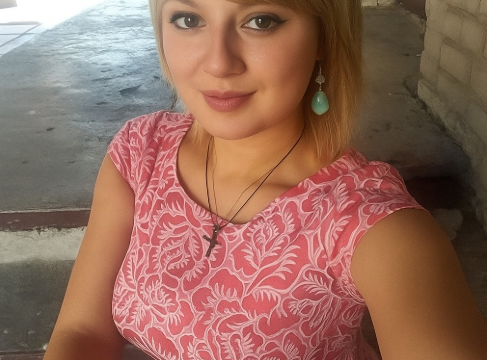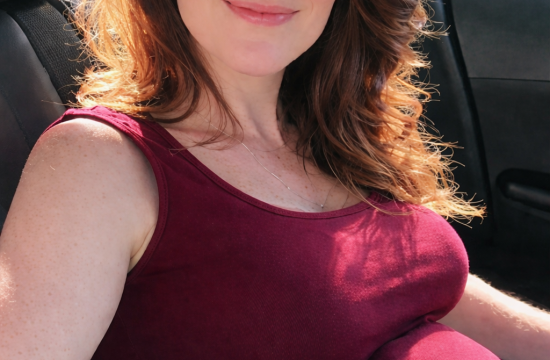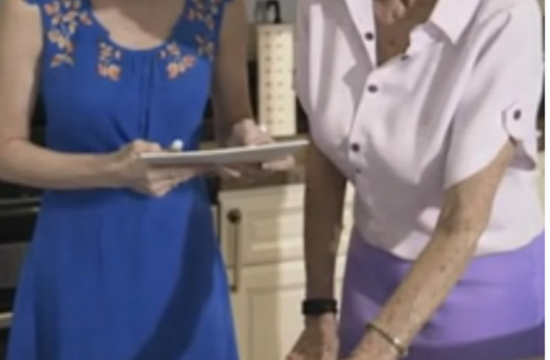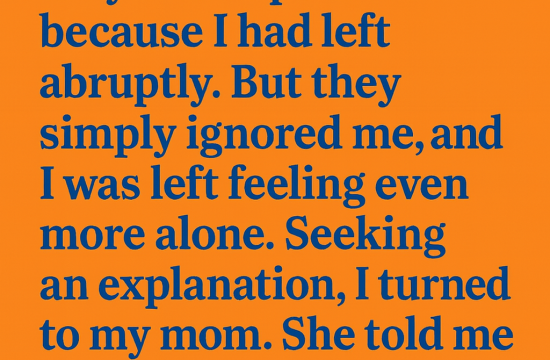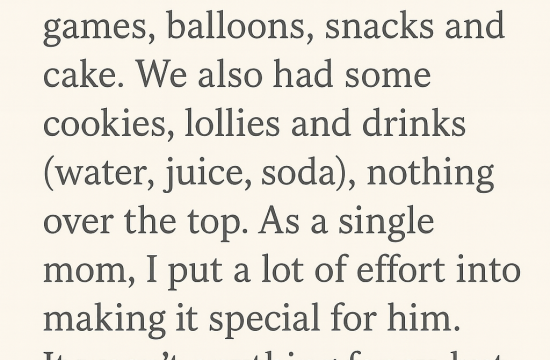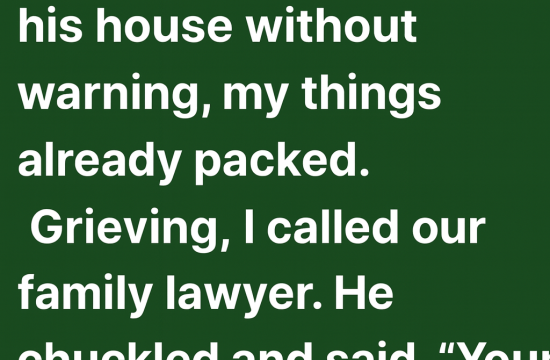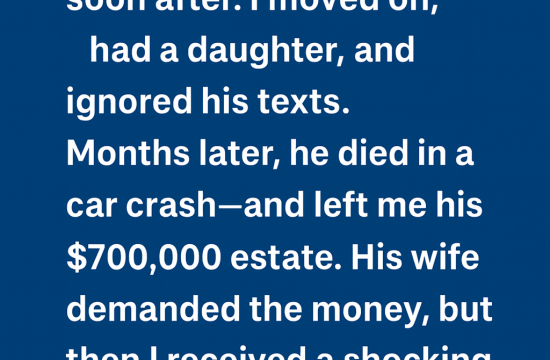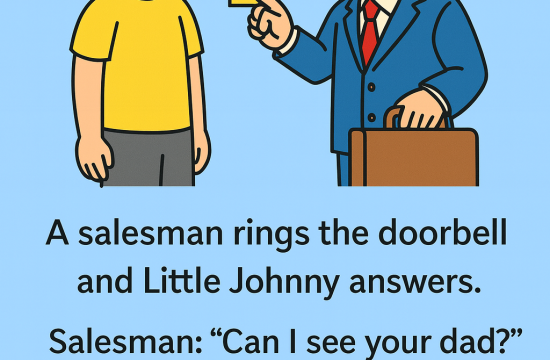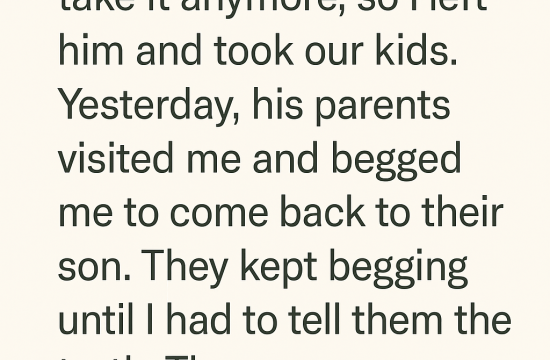My sister and I hadn’t spoken in years. When our mom died, we reluctantly reunited at the funeral. Over coffee, in the sterile hush of the funeral home café, she slid a folded paper across the table, her eyes blazing. I unfolded it slowly.
It was a DNA test result.
According to the document, Sarah and I weren’t biologically related.
My stomach dropped. The words blurred before my eyes, my heart pounding as if it were trying to escape the truth. Did this mean the woman who raised us—the woman we both called Mom—had been hiding something life-altering?
Instinctively, I reached for the paper again, but Sarah pulled it back, as if guarding it. Her eyes, usually distant and guarded, shimmered with unshed tears. “I’ve spent nights driving myself crazy over this,” she whispered, her voice raw.
I leaned back, trying to steady myself. Shock, anger, confusion, and even a strange curiosity fought within me. After a long pause, I asked gently, “Have you tried finding… your other family?”
The question hung between us like a fragile thread. Sarah shook her head, her fingers trembling around the paper. “I wouldn’t even know where to begin.”
The idea that Sarah might not be my sister felt surreal. But how could a piece of paper erase a childhood filled with shared secrets, scraped knees, and whispered dreams in the dark?
I took a deep breath and said something that surprised even me: “Then let’s find out together.”
That moment shifted everything.
We decided to take it slow—no rushing into conclusions or confrontations. We started with online genealogy sites, piecing together timelines, revisiting family albums, and digging through old paperwork. Our late-night research sessions turned into something more than detective work. They became therapy. We talked, laughed, cried. Years of silence began to melt away.
Then, one quiet evening, as the sun dipped low and bathed the room in amber light, Sarah gasped. “I think… I think we found something.” She turned her laptop to me. It was a match—distant, but promising. A woman named Linda, living in Oregon, was listed as a potential relative.
Sarah’s face lit up with cautious hope.
Over the next few days, we combed through Linda’s profile, old photos, and family trees. Finally, Sarah drafted a heartfelt message. It was careful, respectful, and honest.
Days passed with no reply.
Then, an email arrived.
Linda responded with a mixture of warmth and wariness. She was open to the idea—but understandably hesitant. After several exchanges, she invited Sarah to visit. Still unsure, Sarah debated going. “What if it’s a mistake? Or worse—what if they don’t want me?”
“They answered,” I said gently. “That means something.”
So, we booked our flights. It wasn’t just about Sarah anymore. It was about us—two women trying to make sense of their shared past and uncertain future.
As the plane glided over mountains and rivers, we shared old childhood memories—some funny, some painful. For the first time in years, it felt like we weren’t just sisters in name. We were sisters in spirit.
Arriving in Portland, we were met by a smiling, silver-haired woman standing on a cozy front porch—Linda.
Her embrace was hesitant, but warm. Inside, the house smelled like vanilla and old books. Family photos lined the walls. One, in particular, caught Sarah’s eye—an old black-and-white photo of a young woman who looked startlingly like her.
They welcomed us with stories, cookies, and cautious joy.
Over the next few days, Sarah found pieces of herself she never knew were missing—shared traits, laughs, and even quirks that echoed through this new family. And Linda? She embraced her role as a long-lost aunt with grace.
But the biggest surprise came not from Oregon, but from within us.
Because despite what the DNA said, Sarah and I grew closer than we had been in decades. We realized something powerful: biology may define origins, but it doesn’t define family.
Before we left, we visited Mom’s grave. We brought roses. We whispered secrets. We forgave her.
Perhaps she had her reasons. Perhaps she never knew. Or perhaps love, in her eyes, mattered more than blood ever could.
Back home, Sarah took up genealogy as a hobby. Not out of desperation, but out of appreciation—for story, identity, and truth. And we? We became the kind of sisters who text daily, send memes, and share birthday plans.
Our journey started with a test that threatened to break us. Instead, it stitched us back together—differently, but stronger.
Because family isn’t always written in blood. Sometimes, it’s written in choice, in effort, and in love rediscovered.


